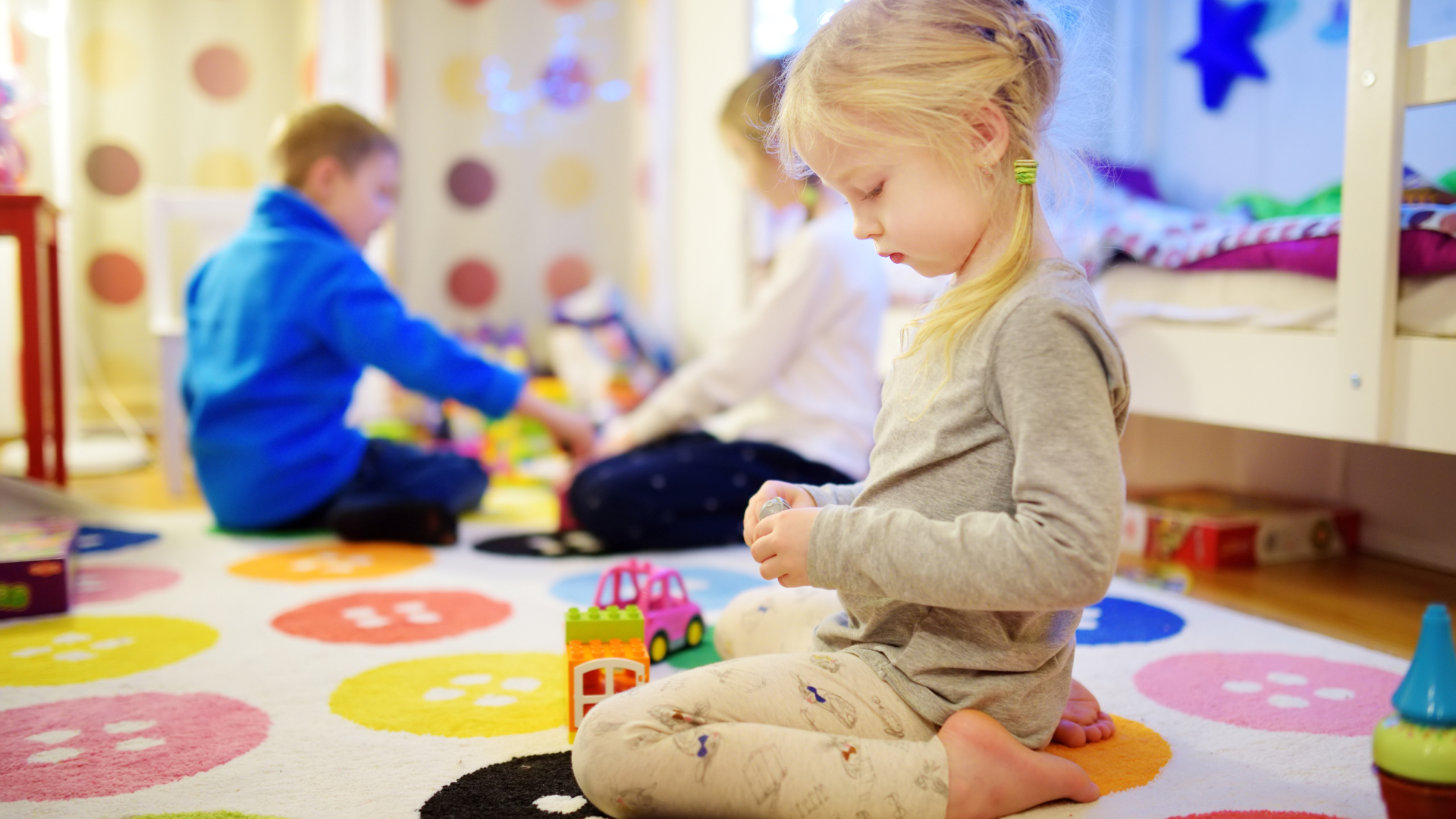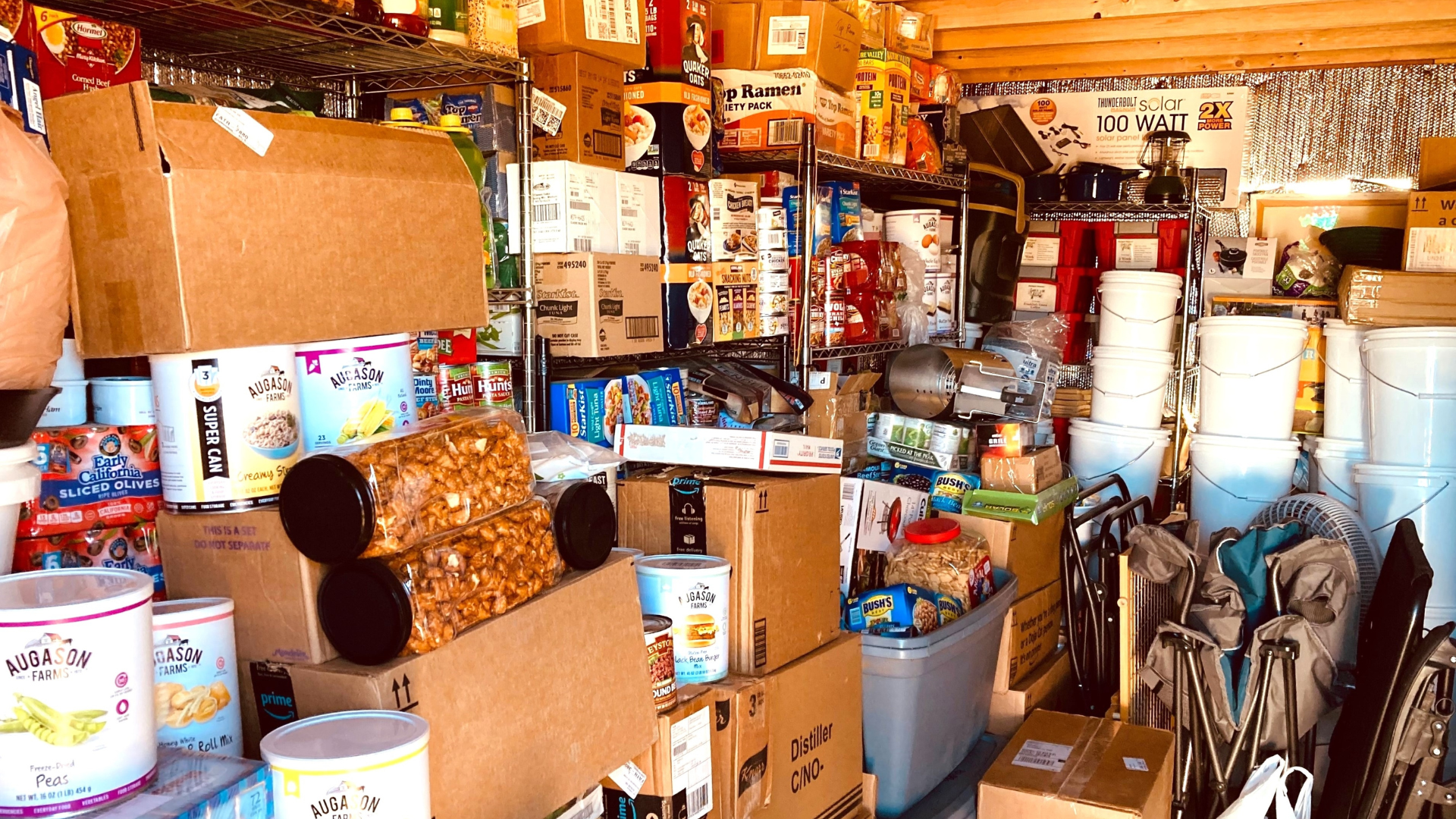Think about the last community engagement event you attended. How did you feel about it during and after? How did you know about it? Why did you decide to go? Who else was there? Were you glad you went or did it feel like someone was checking a “community engagement box”? Through our consulting services, Community Solutions is often involved in the planning, design and facilitation of community engagement events that are part of larger projects related to needs assessment and/or plan development. We strive to host meaningful community engagement that provides valuable quantitative data.
The Center for Community Solutions often partners with government and nonprofit agencies examining issues related to health and human services. We develop partnerships with organizations to work on projects that help further both their goals and our strategic priorities. Over the years, we have learned a few things about how to engage with the community so that it is beneficial for the people who attend and our partner organization.
Create opportunities for meaningful contributions
Understand the why. Prior to doing any sort of gathering of information from the community, we identify why we are doing it and how the information will be used. Conversations with our partners determining the why and the how guide the approach we take with the community. It helps shape the method for gathering information and incorporating it into the larger project at hand. There is no point in asking a group of engaged people what type of bicycle racks they would like to see in their community if there is not any intention to install racks. In fact, asking for feedback with no intent to use the information can lead to distrust and disengagement from the community.
Conversations with our partners determining the why and the how guide the approach we take with the community.

Create comfortable space
Be organized, in every way. Being organized requires forethought and consideration of your guests’ time and needs. Proper planning and organization will result in the community members’ comfort. When planning a community event, we consider accessibility, wayfinding signs, location of restrooms, parking and public transit access and the general location of the venue. We also give thought to the meaning the physical space may hold and select locations that are more likely to feel positive or neutral. We promote the event in multiple ways that target the audience we are hoping to reach. We greet our guests as they arrive and when possible, offer refreshments. We begin our events with a clear description of what will happen during our time together.
Guide the conversation
Be open to all participants’ contributions. When we gather people and ask them to share their personal experiences, we do so with intent and respect for all they have experienced up to that moment. Working with our partner, we craft a facilitation guide that includes conversation prompts directly related to the information we are interested in gathering. Our facilitators practice active listening and use facilitation techniques to respectfully guide the conversation that is inclusive of all those in the room. We respect a person’s choice to not contribute, and we are also willing to follow a thought, idea or experience that does not directly relate to our prompts. Some of the most interesting information comes from conversation paths we did not expect to travel.
We respect a person’s choice to not contribute, and we are also willing to follow a thought, idea or experience that does not directly relate to our prompts.
Make it mutually beneficial
Show appreciation. We highly value the time and experiences shared by our guests at community events and recognize the importance of sharing our gratitude. We do this both verbally and when possible, provide an incentive, such as a gift card, to participants. Ideally, the contributions of those present at events will be reflected in the actions taken by our partner to address community need which provides another way for community members to see the value they provide. However, change takes time, and a quicker way to show the value of the contributions can be to share a final report, executive summary, or slide deck with the community. We encourage our partners to share the results of community engagement with both those who participate and the wider community.
If your organization is interested in partnering with The Center for Community Solutions to conduct meaningful community engagement, we would love to hear from you. Contact emuttillo@communitysolutions.com to start the conversation.





.png)
.png)

.png)